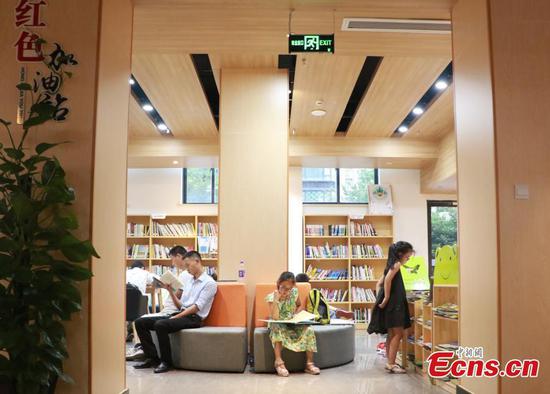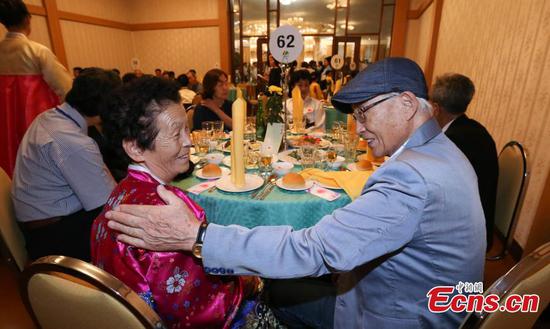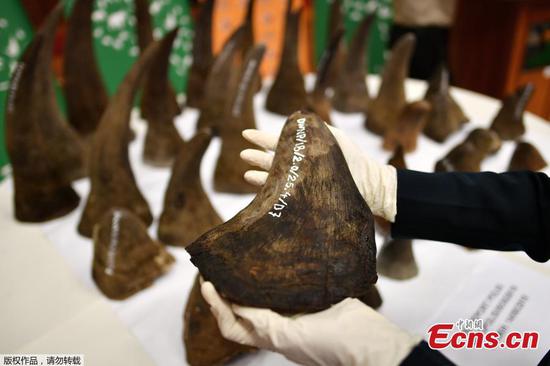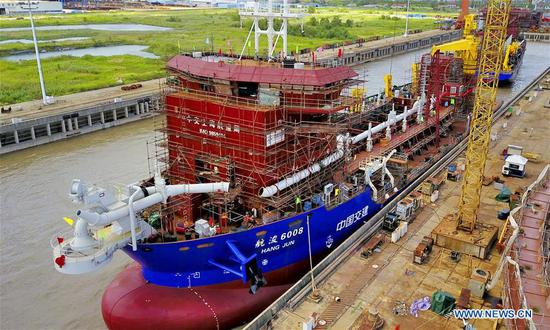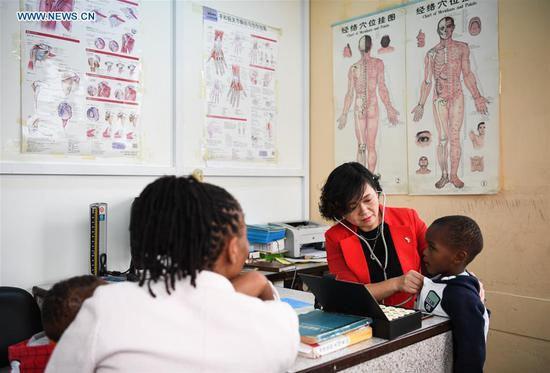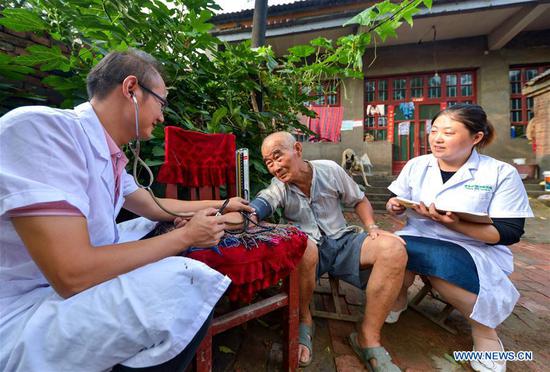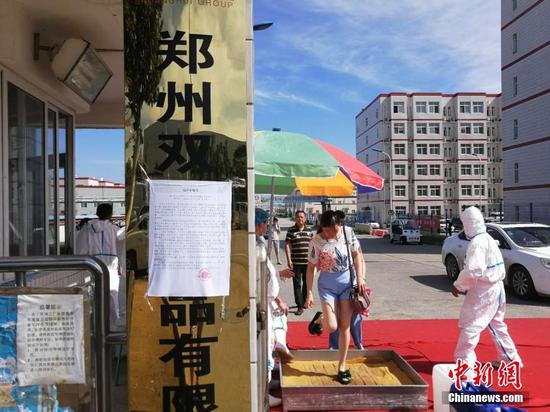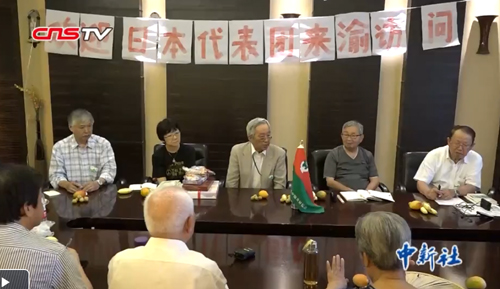China's role in production stressed as public hearing starts
One executive displayed a pink helmet that she said would be increasingly unavailable if tariffs were raised, while another said: "Help me keep my company alive."
Representatives from a broad cross-section of United States' businesses and industrial groups began to voice their concerns on Monday, the first of six days of public hearings on the impact of a fresh round of tariffs on Chinese products.
Many said that hefty duties harm U.S. consumers, workers and businesses as well as the economy.
U.S. President Donald Trump has directed the U.S. trade representative to consider increasing the additional duty from 10 percent to 25 percent on $200 billion worth of Chinese imports, targeting thousands of consumer products ranging from chemicals to cosmetics.
The tariffs would be the same as those the U.S. has already imposed on $34 billion in Chinese goods, and on another $16 billion to be activated on Thursday.
A Chinese delegation led by Vice-Minister of Commerce Wang Shouwen will visit the U.S. this week to talk with his counterpart on bilateral economic and trade issues.
Foreign Ministry spokesman Lu Kang said on Tuesday that China hopes the talks with the U.S. "reach a good result" on the basis of equality and good credibility.
Many executives testified on Monday that production of the targeted Chinese imports could not feasibly shift to the U.S..
Ross Bishop, president of BrightLine Bags, whose products are manufactured in China, said: "We've made three specific and concerted attempts to get our bags made in the U.S. and have learned from each instance that our costs would triple compared to what we pay now, and the detailed quality isn't as good."
Already paying 17.6 percent duties, an additional 25 percent would bring the total to "an absurd level of 42.6 percent", which has the "undeniable potential" to cripple his company, he said.
The actions taken by the Trump administration do not represent the will and interests of the U.S. people or companies, but serve their own political purpose, said Shen Jianguang, chief economist at JD Finance.
"The actions keep neglecting the fact that many products manufactured in China such as semiconductors, smartphones and construction machinery are invested in and operated by U.S. companies."
The Beijing-based China Chamber of Commerce for Import and Export of Machinery and Electronic Products urged the U.S. government to remove products such as refrigerators from the proposed tariff list, as they easily affect daily lives in the U.S..
Xue Rongjiu, deputy director of the China Society for WTO Studies, said China's foreign trade has great resilience, and the country has already begun to further stimulate domestic consumption and diversify its exports to minimize impact from the China-U.S. trade dispute.
Joseph Cohen, CEO of Snow Joe LLC, said "significant harm" would be inflicted on U.S. consumers and businesses without advancing the U.S. administration's goal if a 25 percent or even 10 percent tariff were imposed on various consumer products offered by his company.
Thomas Cove, president and CEO of the Sports & Fitness Industry Association, said China remains a "vital and not easily replaceable link" in the industry's supply chain.

















